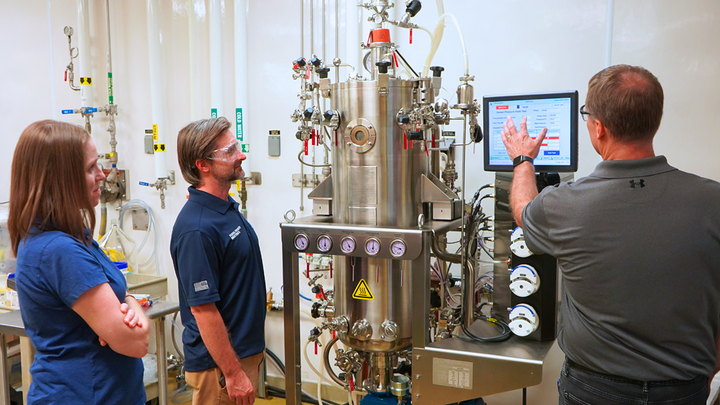Jason Hawkins, assistant professor of civil and environmental engineering, was awarded the 2021 Eric Pas Dissertation Prize at the Transportation Research Board Annual Meeting, held Jan. 7-11 in Washington, D.C.
The Eric Pas Prize is considered one of the most prestigious awards in the travel behavior field for a Ph.D. student. One winner is selected from myriad international submissions.
Hawkins received the award for his doctoral dissertation - "Modelling Spatial Location Choice and Transition for a Changing Urban Landscape" – which he presented while a graduate student at the University of Toronto in 2021. An official certificate will be presented to Hawkins in July at the International Association for Travel Behaviour Research (IATBR) meeting in Vienna, Austria, where he will give a guest lecture.
"The research goal was to develop a theoretical framework to model how home location choice and long-term transportation decisions affect each other," said Hawkins. "My research develops mathematical models of human decision-making in transportation and location choice, drawing on engineering, economics, statistics, sociology and other fields. My dissertation builds on early work by the Nobel Prize winning economist Gary Becker from the 1960s on how people make tradeoffs between market consumption (the buying of goods and services) and home production (the producing of goods and services)."
Food consumption is a good example of how home location and transportation affect decision-making, Hawkins said. If a person likes buying food from restaurants, they may look for a home in close proximity to a variety of restaurant options. If they enjoy preparing their own meals at home, they may opt for a home with a large kitchen. The choice between these lifestyles affects how much time and money a person spends on housing, transportation and food.
Hawkins developed new economic models and considered other factors such as how households make tradeoffs in their home location to weigh the needs of all household member, and how the COVID-19 pandemic affected how people thought about transportation and home location.
"COVID-19 hit at the end of my dissertation writing, (but) we were already seeing shifts in the field from considering (a shift from) the 'producer city,' focused on cities' ability to increase the efficiency of manufacturing, and towards the 'consumer city,' focused on providing urban amenities such as museums and parks," Hawkins said.
"Omaha is seeing this pattern in its completion of the Gene Leahy Mall and riverfront parks. It's an understanding that good public amenities can help to retain and attract talent to the city. My research provides quantitative tools to understand these shifting trends in urban functions."




